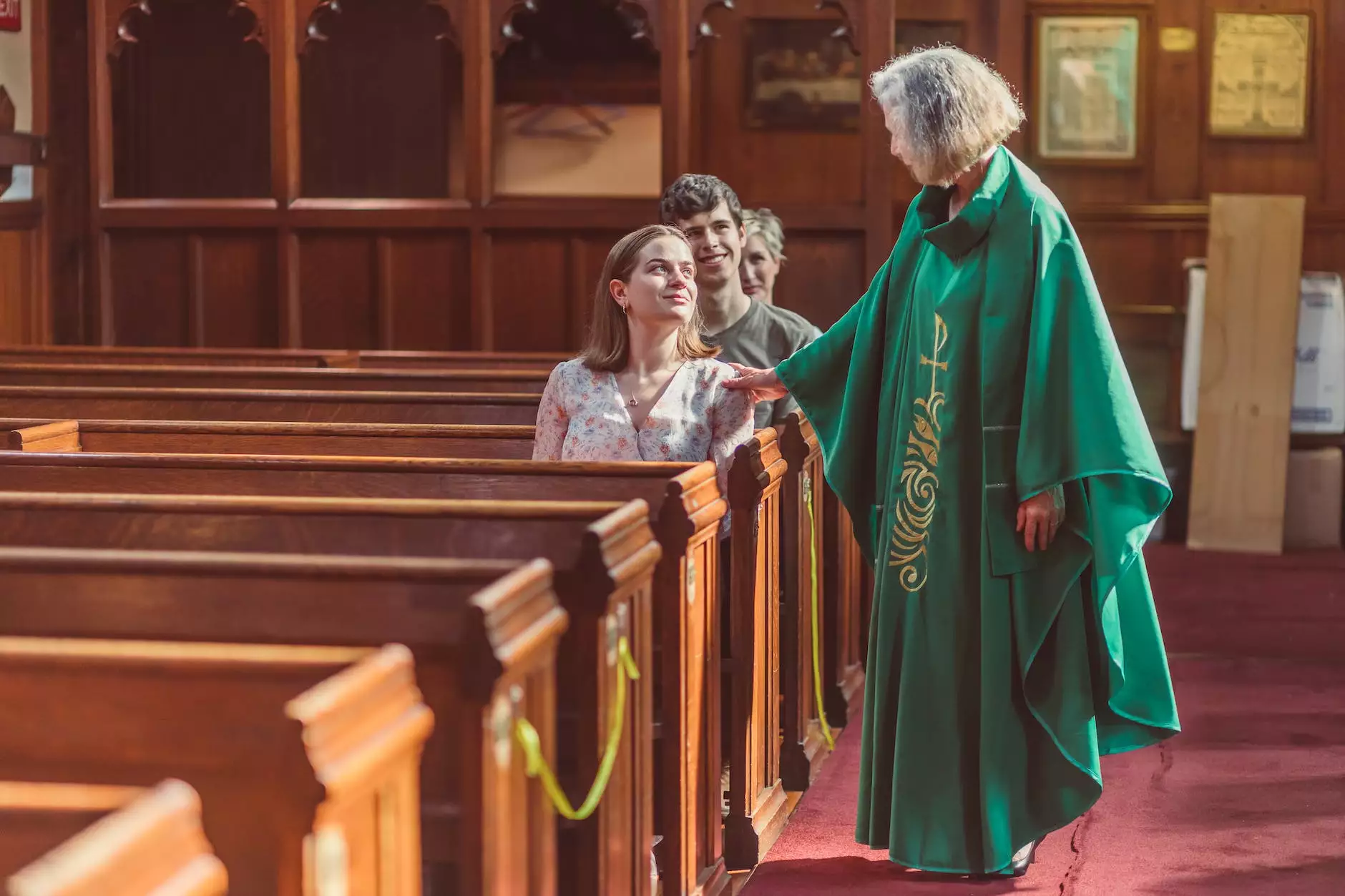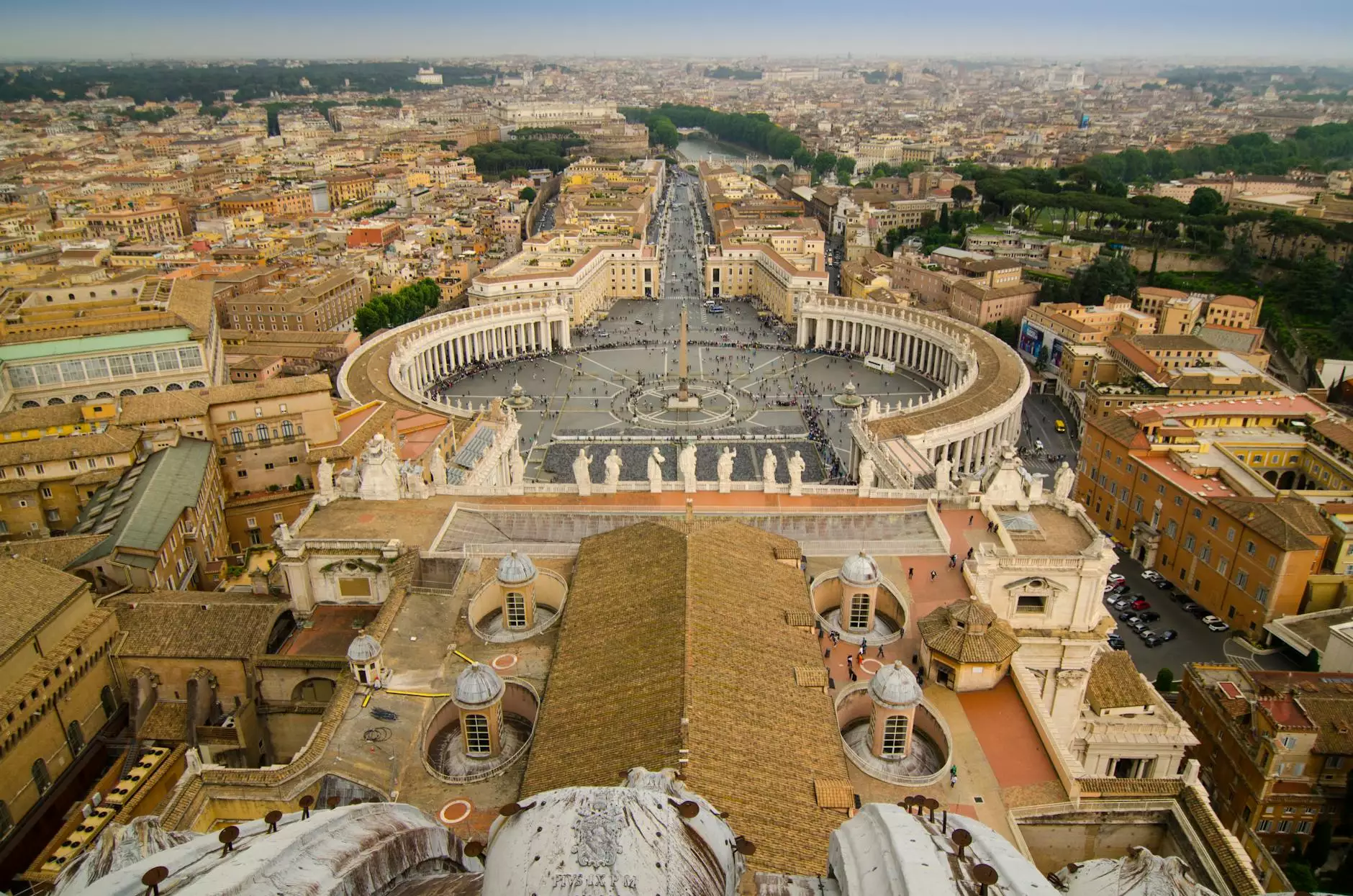Sermon Discussion Questions - Praying Politically (1 Timothy 2:1-18)

Introduction
Welcome to CityView Church Alvin's sermon discussion questions for 'Praying Politically.' In this series, we explore the intersection of faith and politics and seek to understand how prayer can shape our political engagement. Join us in this conversation as we delve into the timeless wisdom found in 1 Timothy 2:1-18 and discover guidance for navigating the challenges of our society.
Section 1: The Power of Prayer
Prayer is a powerful force that connects us to God and invites His guidance into our lives. In the context of politics, prayer serves as a foundation for discernment and decision-making. It helps align our hearts and minds with God's will and can bring about transformation in our communities.
When we pray for our political leaders, we acknowledge their authority and recognize the impact they have on society. Prayer allows us to lift up their burdens, seek wisdom on their behalf, and intercede for their decision-making processes. Through prayer, we can contribute to the well-being of our society and foster a spirit of unity.
Section 2: Praying for Godly Leadership
In 1 Timothy 2:1-3, the apostle Paul encourages believers to pray for those in authority so that we may lead peaceful and quiet lives. This passage serves as a reminder that our responsibility as Christians extends beyond our personal lives; we are called to pray for our leaders and actively participate in the political process.
When we pray for godly leadership, we seek individuals who embody integrity, justice, and compassion. We pray for wisdom in their decision-making and for them to be guided by moral principles. Our prayers have the power to influence the hearts and minds of our leaders and inspire them to pursue policies that promote the common good.
Subsection: The Role of Faith in Politics
As believers, our faith informs our worldview and shapes our values. It is essential to bring our faith into the political sphere, as it provides a moral compass to guide our actions and policy preferences.
When engaging politically, we should not shy away from discussing matters of faith. Rather, we should seek opportunities to share our beliefs and engage in constructive dialogue with others. By doing so, we can contribute to building a more just and compassionate society.
Section 3: Navigating Political Differences
In a diverse society, it is inevitable that we will encounter individuals with differing political views. When engaging in discussions with those who hold different perspectives, it is important to approach the conversation with humility and respect.
We should strive to understand the underlying values and motivations behind differing opinions. By seeking common ground and fostering empathetic understanding, we can build bridges of dialogue and work towards solutions that benefit all members of our community.
Subsection: Prayer and Unity
Prayer serves as a unifying force that transcends political boundaries. It reminds us of our shared humanity and the need to work together for the betterment of society.
In times of political polarization, prayer can soften hearts, foster empathy, and promote understanding. It allows us to see beyond our differences and focus on our shared values, reminding us of the importance of love, justice, and reconciliation.
Conclusion
As we engage in the political sphere, let us never underestimate the power of prayer. It has the potential to transform individuals, communities, and nations. We, at CityView Church Alvin, invite you to join us in exploring how prayer can shape our political engagement and contribute to the flourishing of our society.
Through prayer, we seek godly leadership, navigate political differences with grace, and work towards unity. Let us be agents of change in our society as we embody the love and teachings of Christ in all aspects of our lives.









